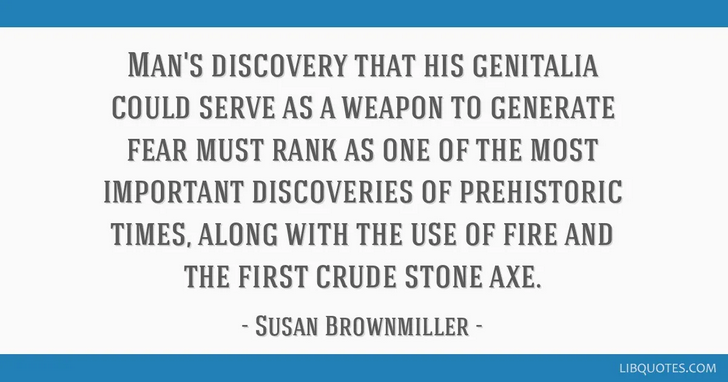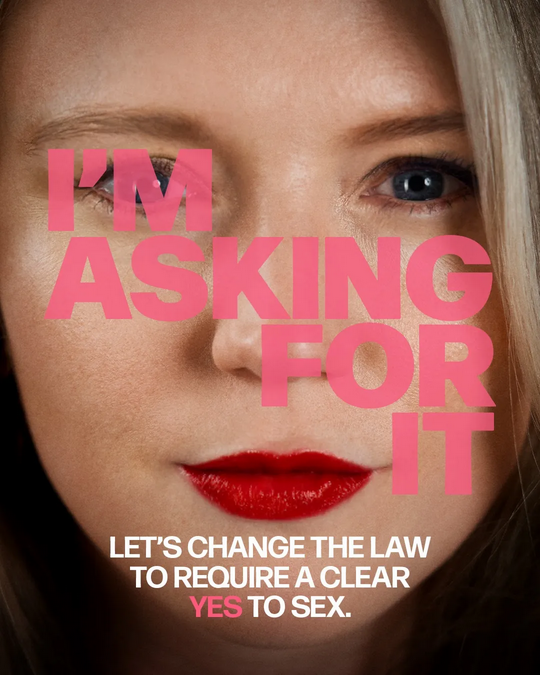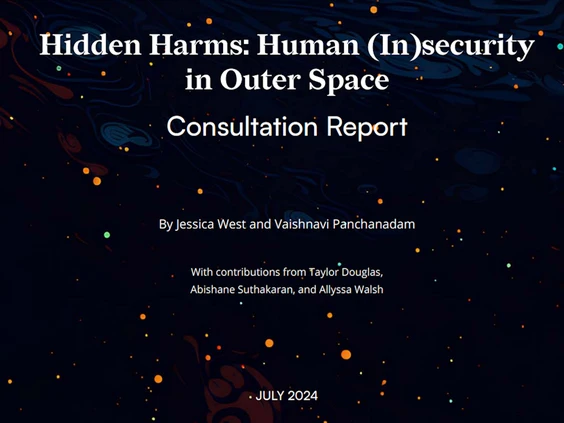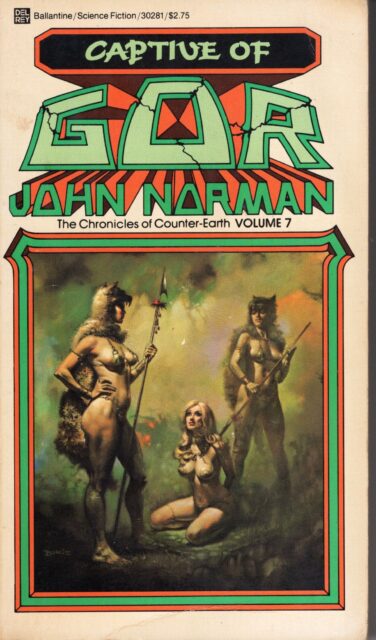Every civilized person rejects the notion that male sexual predators should be tolerated, yet few are willing to accept the notion that female sexual predators might even exist. They absolutely do exist and they do commit terrible crimes against their — often very young — victims, as Janice Fiamengo shows:
Even when we are aware that women prey on children, many of us can’t really believe it. When Florida Congresswoman Anna Luna, a Republican elected to the U.S. House of Representatives, proposed three new bills last year that would impose harsh penalties, “including the death penalty”, for various forms of sexual abuse, child pornography, and child sexual exploitation, it is impossible to believe that Luna thought any number of women would be executed for child rape, and nor will they be given the leniency that is shown to women in the criminal justice system (see Sonja Starr’s research).
Yet similar crimes to Ma’s are easily discovered. In the same month that Ma pled guilty, a Martinsville, Indiana teacher was charged with three counts of sexual misconduct against a minor, a 15-year-old boy who has alleged that as many as ten other students were raped by the same woman. The month before that, a New Jersey primary school teacher was charged with aggravated sexual assault against a boy who was 13 years old when she bore his child; it is alleged that she began raping the boy when he was 11. The month before that, a Tipton County, Tennessee teacher [pictured below] pled guilty to a dozen sex crimes against children ranging in age from 12-17 years old. It is thought that she victimized a total of 21 children.
In the same month, a Montgomery, New York teacher pled guilty to criminal sexual assault of a 13 year old boy in her class, whom she assaulted over a period of months. In the previous month, a San Fernando Valley teacher was charged with sexual assault of a 13 year old male student; police believe she victimized others also. Earlier in the year, a substitute teacher in Decatur, Illinois was charged with raping an 11 year old boy. These are just a few recent cases, and only those involving female schoolteachers. Female predators are also to be found amongst social workers, juvenile detention officers, and sports coaches.
The feminist position on male sexual abuse of women and girls has for a long time been that it is about power. Men rape and abuse, according to Susan Brownmiller [quoted above] and others, because they believe it their right as men to keep women subordinate. Rape compensates for male inadequacy and allows for the expression of men’s hostility toward women: it is not about lust but about men’s need to humiliate and degrade. As Paul Elam once noted in a Regarding Men episode, the theory is fatally weakened if even a single woman does the same thing. Feminists have responded by saying that female sexual abuse is fundamentally different from male, less dangerous to society, less hurtful to its victims.
While I was doing research for this essay, I happened upon a recent podcast discussion between Louise Perry, British author of The Case Against the Sexual Revolution, and Meghan Murphy, Canadian Substack author and editor of Feminist Current. The podcast was called “What Happened to Feminism?” and I tuned in because I have enjoyed their perspectives on other issues.
Perry and Murphy are both critics of feminism who remain, as their conversation confirmed, staunchly feminist and anti-male. At one point in the podcast (at about 50:00), the conversation turned to #MeToo, and especially to allegations against teachers. Having already agreed that 95% of MeToo allegations were true, or at least based on something real, the pundits went on to agree, with disconcerting laughter, that there was no comparison between a “crazy” woman who “had sex” with a male student in her class, and a “dangerous” man, a “predatory rapist”, who went after under-age girls in his power.
Murphy even trotted out the old chestnut that abused boys were “stoked about the situation” in getting with “the hot teacher”. After all, she chuckled, “Men are gross predators. Men are perverts. They can’t keep it in their pants.” Perry, seeming taken aback by Murphy’s vulgarity, nonetheless agreed that the sexual abuse of boys is in an entirely different category from that of girls: “It is so annoying to me,” she said, “when people will go around claiming that these are exactly the same”.
Indifference to the victimization of boys, and lack of shame in admitting it, could hardly have been more stark. I mention the podcast not because it was singularly outrageous but because the attitudes expressed in it are still so much the norm, even amongst women who claim to have rethought other feminist beliefs.















